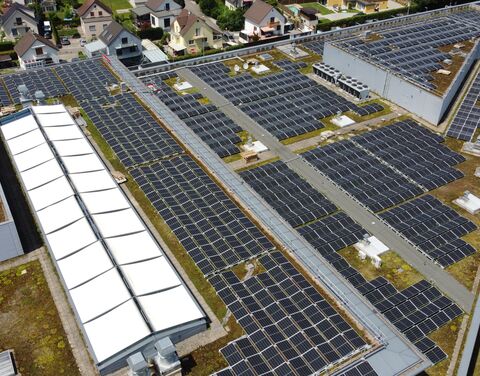
-
 Trend
TrendThe good life in Schöngrün
-
 Trend
TrendArt on Ice young talents – against the odds
-
 Trend
TrendWorld Girls’ Football Day 2025
-
 Work@AXA
Work@AXAAXA Hackathon: Focus on innovation
-
 Mobility
MobilityWildlife vehicle collision: what to do and where to be careful
-
 Work@AXA
Work@AXAWorking as a GenAI Engineer at AXA
-
 Trend
TrendVolunteering at UEFA Women’s EURO 2025
-
 Trend
TrendWild haymaking on the roof of Europe
-
 Trend
TrendClearing shrubs in the southern valleys of Graubünden
-
 Mobility
MobilityCell phone thefts: Damages amounting to millions
-
 Work@AXA
Work@AXASports and education: Here’s how the balancing act works
-
 Trend
TrendWEURO 2025 in St. Gallen: A host city gets ready
